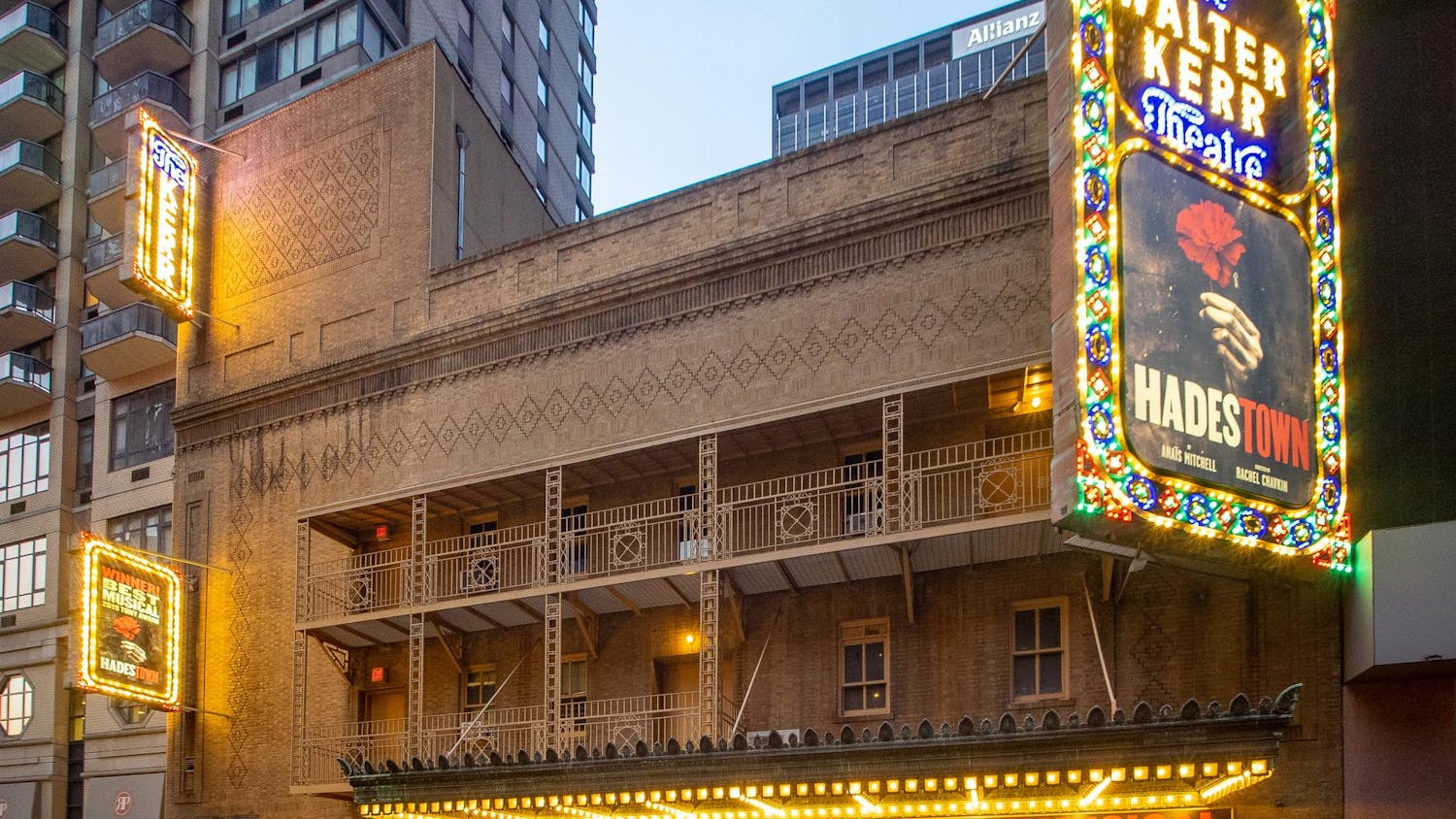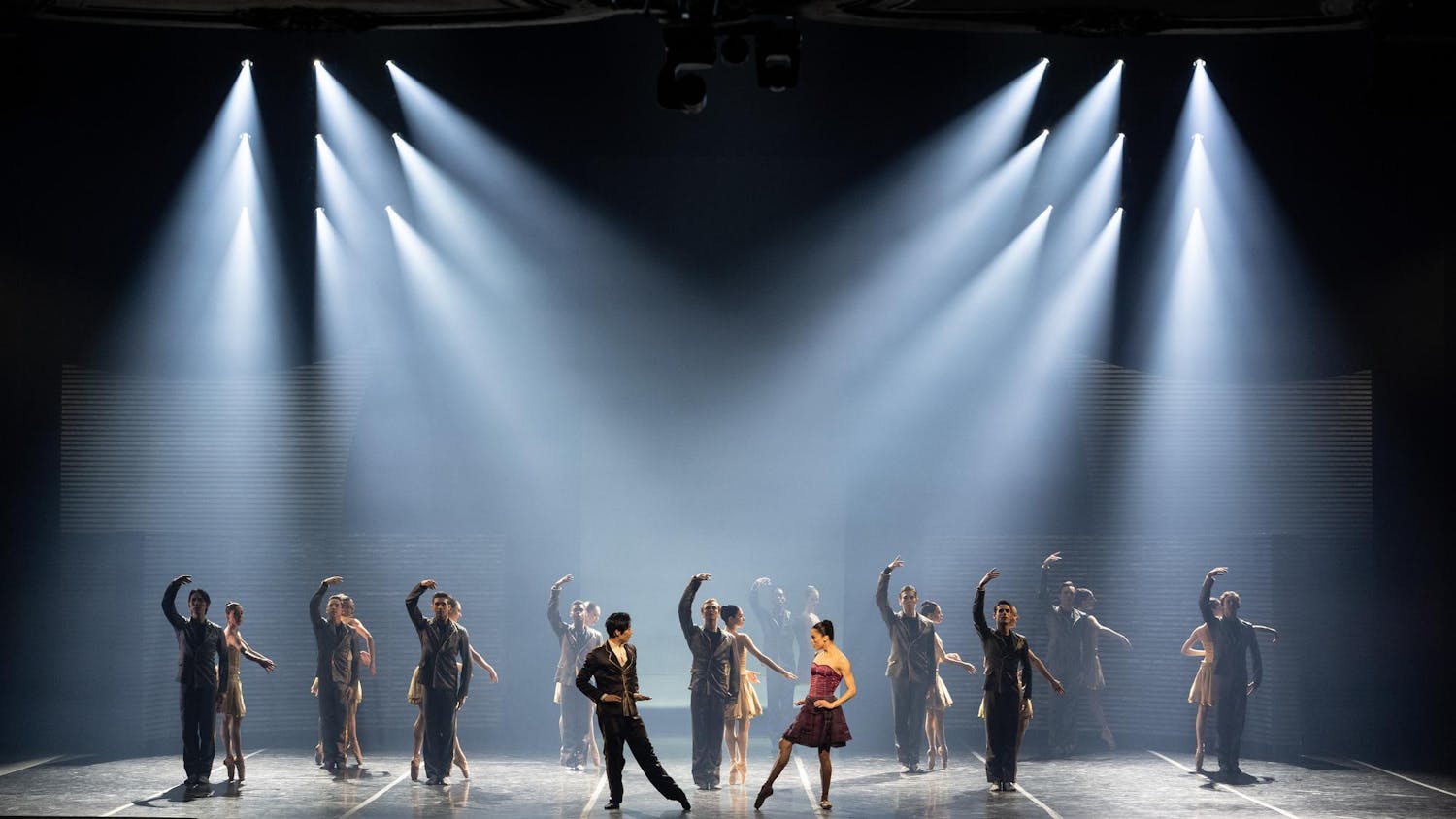Clint Eastwood is hunting for yet another Oscar nomination this year. In these final days of December, Eastwood releases his newest film "Invictus," a story about the beginning of Nelson Mandela's presidency that has the potential to garner numerous awards this season.
The film follows the story of the South African rugby team, the Springboks, in a nation that is recovering from racial apartheid and adjusting to its first black president, Mandela. The struggles of apartheid through South Africa are obvious in the film — members of Nelson's mixed−race presidential staff regard each other with hostility, black servants still work in white households and the majority of the black population continues to live in impoverished shanty villages.
The film begins in 1994, just as racial apartheid ends and the African National Congress wins the country's first democratic elections. At this point, Mandela has recently been released from a 27−year stint in prison and has begun his tenure as South African president. From the onset of the film, Mandela is formulating plans about how to mend the racial bigotry that apartheid has engraved in society. In the first moments of the film, a news commentator aptly comments on Mandela's mission through the movie: "He can win an election, but can he run a country?"
Morgan Freeman brilliantly portrays Mandela. He accurately embodies the national leader, from the distinct South African accent down to his ever−present, slight smile. In the film, Freeman lives up to the difficult task of depicting one of the most influential figures of the 20th century.
Uncertain of how else to unite the country and repair the results of a hate−filled history, Nelson looks to the sport of rugby. Rugby is a critical aspect of the culture of the minority white population in South Africa. However, the more populous black society despises this white man's game. The Springbok rugby team includes only one black player in a nation with a predominantly black population. Although rugby represents yet another separation of interests between black and white culture, Mandela sees the sport's camaraderie as a means to unite a broken nation.
Matt Damon plays the captain of the Springbok rugby team, Francois Pienaar. In the film, Damon leaves his past aliases of Jason Bourne and Will Hunting to embody an athlete who served as a national leader in South Africa. Damon does an excellent job portraying the somewhat laconic yet inspiring athletic hero. Pienaar, looking to mend his team, gratefully receives Mandela's guidance.
Both Pienaar and Mandela see immense opportunity in the 1995 Rugby World Cup. Pienaar hopes to reinstate the credibility of South African rugby, while Mandela seeks a cultural proxy to unite South African citizens.
The script of the film is very well written and directed, unraveling the complicated tensions between race and class. Even though the racial apartheid has ended, and a black president governs the nation, there are still deep−rooted prejudices instilled in the society.
Many scenes in the film highlight the white population's disdain for Mandela. In one scene, Pienaar's family disparages Mandela as Pienaar announces his intention to donate a portion of his salary to charity. While the Pienaar family belittles their South African president, the black housemaid surreptitiously shakes her head in disapproval. Before Mandela can affect real social change in the nation, race tensions perpetuate, even in seemingly benign households.
While the film brilliantly portrays the effects the Springbok rugby team had on South Africa in unifying citizens, the lack of coverage of the majority black population is disappointing. Eastwood includes only a few shots of black shantytowns, highlighting the profound poverty of the nation. The film overlooks the immediate needs of the destitute, most of whom do not care about rugby, but about bettering their standards of living.
Mandela, someone who did a lot to improve the social and economic plights of the black population in Africa, might be regarded as someone who merely aided South Africa's rugby team to win the world championship.





